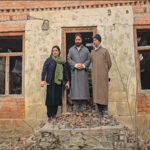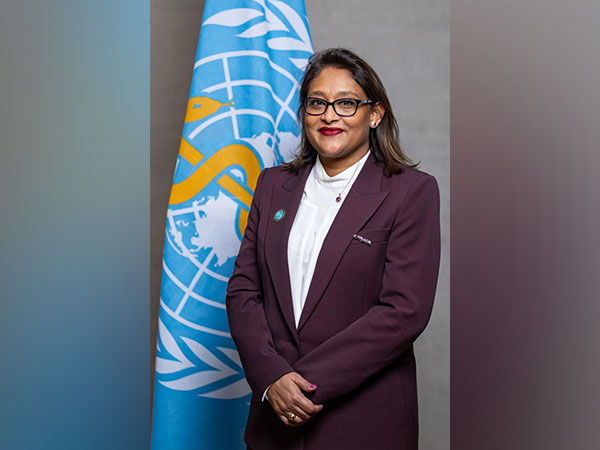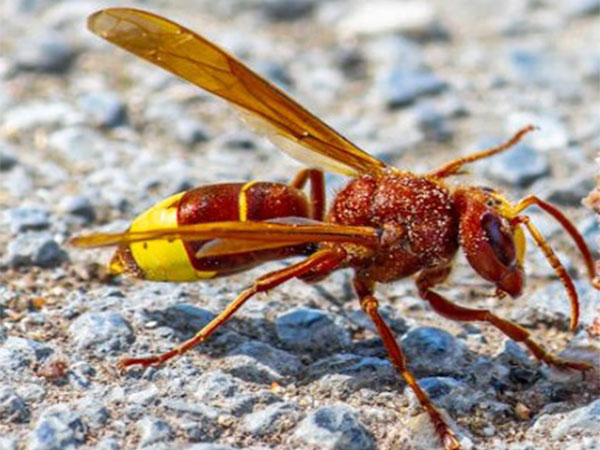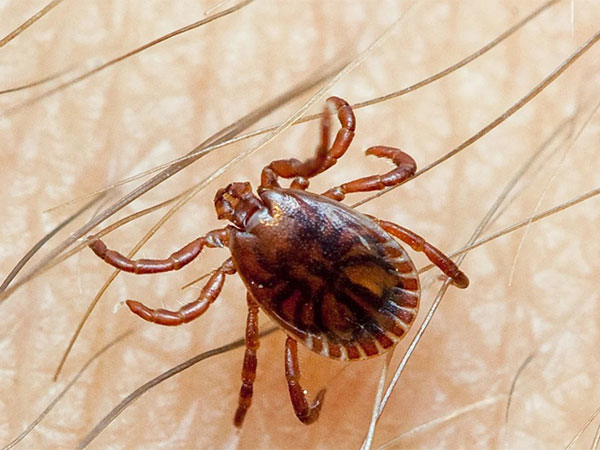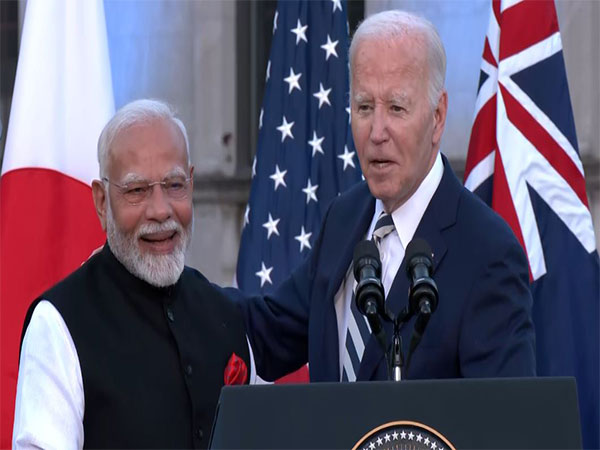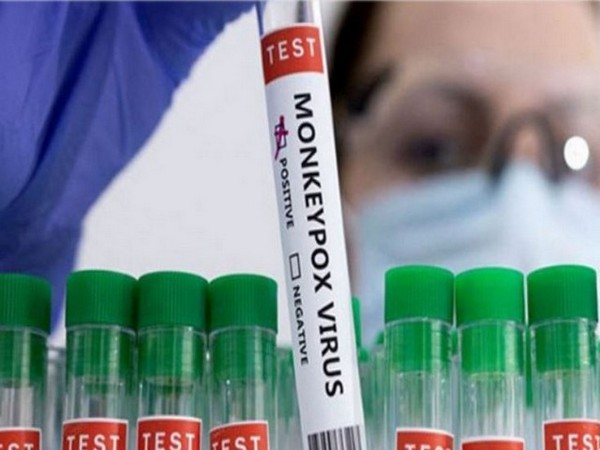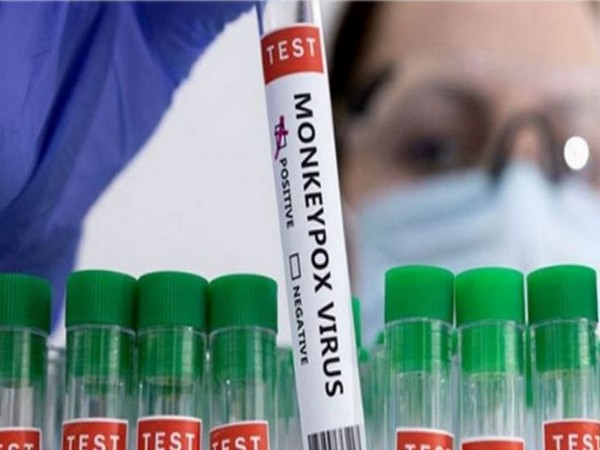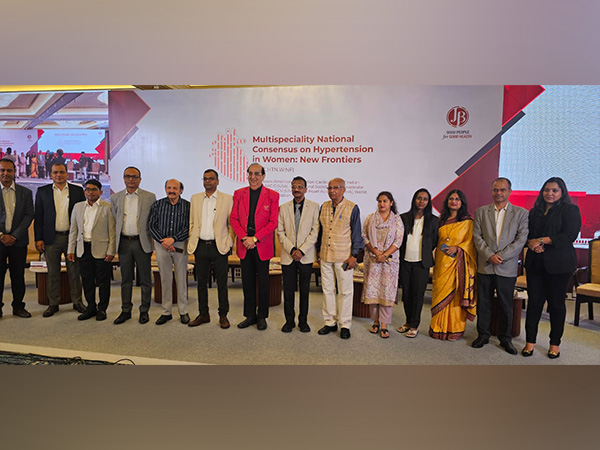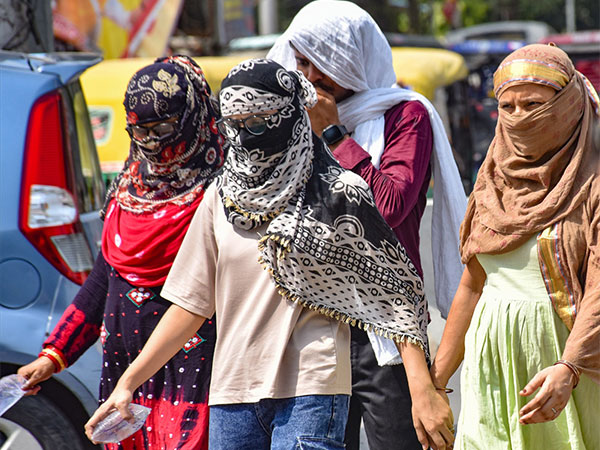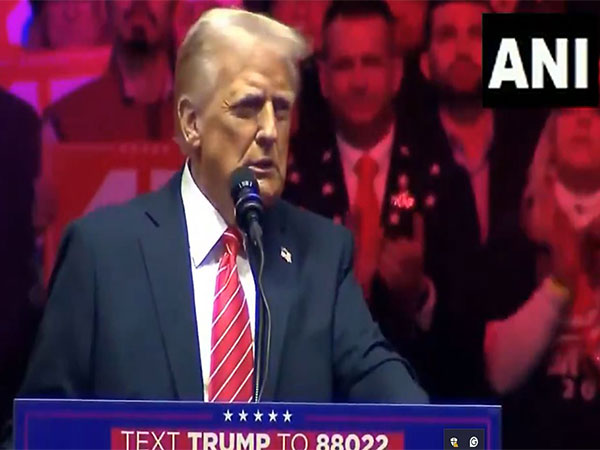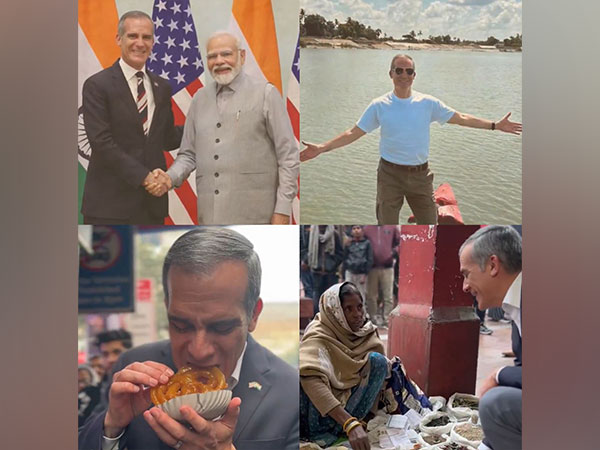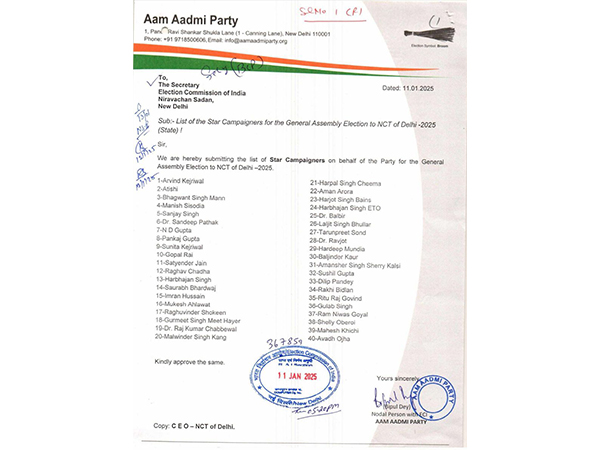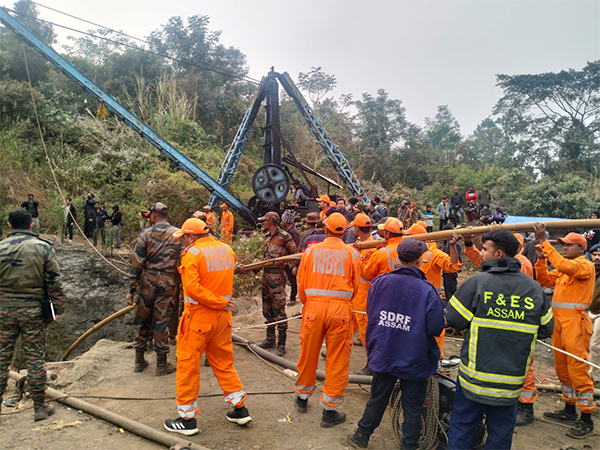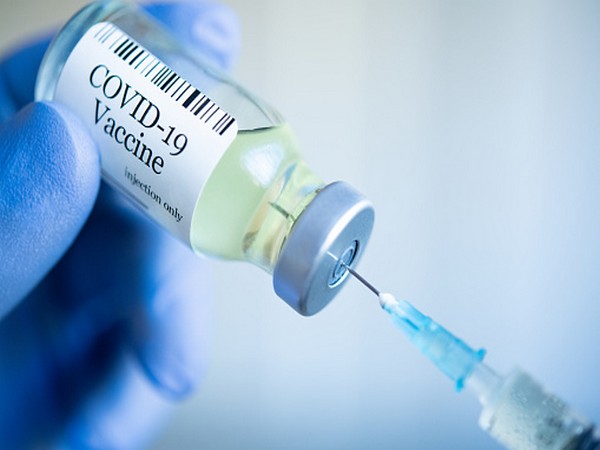
Doctor drawing up Covid-19 vaccine from glass phial bottle and filling syringe injection for vaccination. Close up of hand wearing protective disposable gloves in lab and holding a bottle of vaccination drugs. Hand with blue surgical gloves taking sars-coV-2 vaccine dose from vial with syringe: prevention and immunization concept.
New Delhi [India], June 7 (ANI): Medical fraternity on Monday welcomed Prime Minister Narendra Modi‘s announcement of free COVID-19 vaccines to states.
The PM, on Monday in his address speech to the nation announced a centralized procurement system for Covid-19 vaccines, beginning from June 21, with 25 per cent of the procurement being made available for private sector, as well as free vaccinations for everyone above the age of 18.
He also announced a cap of Rs 150 on the amount private hospitals can charge over the cost of the purchase of the vaccine from the manufacturer.
Appreciating the PM’s decision, Dr. Shuchin Bajaj, Founder Director, Ujala Cygnus Group of Hospitals said, “Ideally all vaccine should be free but this is a good step to start off with and we are hoping that derive will pick up speed and that each and every citizen will be vaccinated before the end of this year as has been planned. We will welcome this decision. It is an excellent step taken by our PM.”
This announcement by the PM today underscores the importance of a national policy for a national vaccine programme. It brings together the fragmented approach to a very crucial intervention that can break the chain of viral transmission and can either offset or delay the third wave.
“The announcement is important because it brings pricing of vaccines on a level-playing field even as acknowledging the private hospitals as a crucial factor in this war against COVID-19,” said Kamal Narayan Omer, CEO, IHW Council.
Dr Aashish Chaudhary M.D Aakash Healthcare also shared his views on the subject and said, “With a concrete plan on procurement and distribution of COVID-19 vaccines across India, the new vaccine policy announced by the Prime Minister today will help us penetrate better into the masses.”
The fact that new vaccines are being approved and many more are in advanced phases of trials will play an important role in addressing the ongoing shortage of vaccines. “As of now, we are administering Covishield vaccine but will induct more as and when they become available,” added Dr Aashish.
Speaking about how this centralised vaccine drive will curb the effects of the third wave of coronavirus, Dr Gauri Agarwal, gynaecologist from Seeds of Innocence, said, “As we know children are likely to be more affected than others during the upcoming third wave, the news for vaccine trials targeting children is encouraging news. We are hoping for favourable results for the undertrial vaccines for children as there is no other way of safeguarding them from the viral onslaught.”
At the same time, the cap of Rs 150 on pricing will also play an important role in making the vaccine affordable to most people. Dr Gauri added that “in addition to availability, affordability of vaccines will increase the uptake and help widen the safety net, and that when vaccines for children are approved, the prices will remain affordable.”
This new announcement has shown the way forward for our Covid fight for chiefly three reasons, Dr Gurpreet Sandhu, President, Council for Healthcare and Pharma stated.
He said, “One, it sets the stage for a centralised vaccination programme wherein the Centre would take upon itself 25 per cent of the states’ responsibility. In effect, the prime minister has also cleared the air on differential vaccine pricing which had been under intense public debate for several weeks now.”
The centre’s decision to procure 25 per cent of the state quota would also address states’ financial concerns on vaccines.
Saying that the government has left space even for the private sector, Dr Gurpreet added, “Two, at the same time, given that 25 per cent of vaccines would continue to be administered through private hospitals, the government has left enough space for private players to play their role in this what can be called a ‘national mission’.”
Stating the third reason, Dr Gurpreet, concluded “Three, when the leader of the country himself announces that more vaccines will soon be available in the country, it goes a long way in reassuring the people that the so-called shortages of vaccines would be behind and vaccines by other companies in more numbers would be made available in the country. The decision to provide free vaccines to all above all 18 is particularly welcome and indicates universalization of the vaccination drive.”
In his address, Prime Minister Narendra Modi also said that research is underway on developing a nasal spray as an alternative to the coronavirus vaccine. The PM even said that if successful, it will give India’s vaccination drive a major boost. The nasal vaccine is being designed by Hyderabad-based Bharat Biotech.
Thanking the PM for initiating research on the COVID nasal spray, Nikhil Masurkar, Executive Director Entod International said, “This is a welcome and much-appreciated move as studies show that Covid-19 first established itself in the nasal cavity before spreading to other parts of the body including the lungs. The intranasal vaccine will also minimise the virus load in the body. Amid the vaccine crunch in the country at the present moment, the introduction of nasal vaccines will further help India to tackle the COVID-19 pandemic as they are cost-effective and efficient over intravenous injectable vaccines.”
Earlier last month, the vaccination had to be halted due to non-availability, but hopefully, today’s announcement will address the demand-supply gap for good.
Hoping the same Sugandh Ahluwalia, Chief Strategy Officer, Indian Spinal Injuries Centre said, “It does not matter whether the vaccines are routed through the government or the private players, as long as they reach the people who need it. In that light, it is a welcome development and we may look forward to wider coverage of COVID vaccines in the months to come as we target to cover our adult population by the end of the year.”
The Prime Minister‘s announcement comes on a day when the country recorded 1,00,636 new Covid-19 cases, the lowest in over two months.
The Prime Minister also announced that the Pradhan Mantri Garib Kalyan Anna Yojana will now be extended till the Diwali festival in November and the scheme will provide free food grains in fixed quantity every month to 80 crore people in the country. (ANI)



